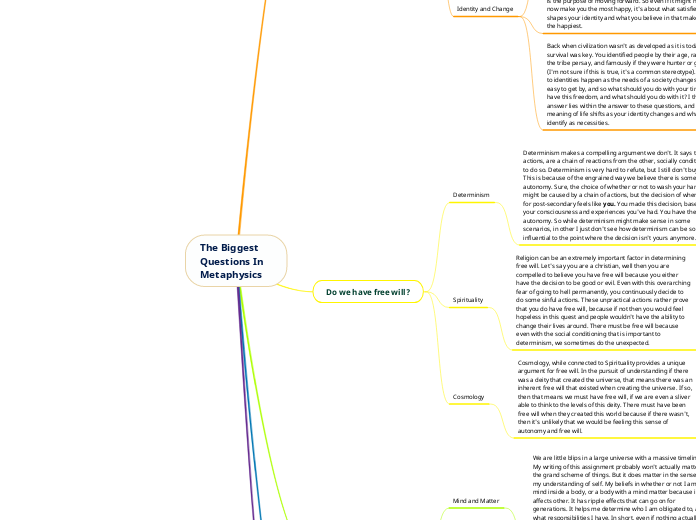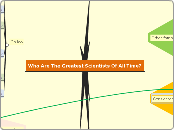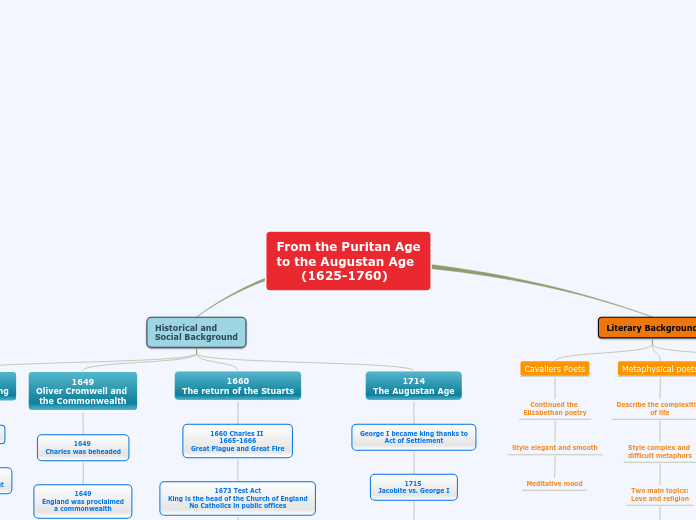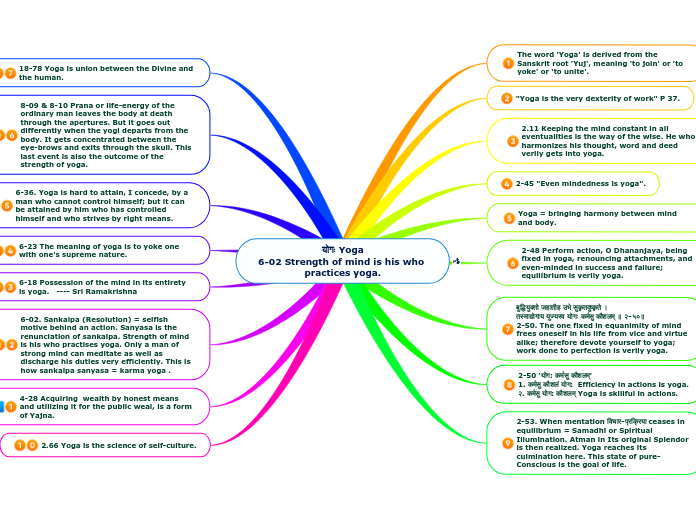door Charles Liu 3 jaren geleden
236
The Biggest Questions In Metaphysics
Metaphysics delves into profound questions about existence, the nature of mind and matter, and the significance of our actions. While our existence might seem insignificant against the vast backdrop of the universe, our perception and understanding of self can have lasting impacts, influencing our interactions and responsibilities.









